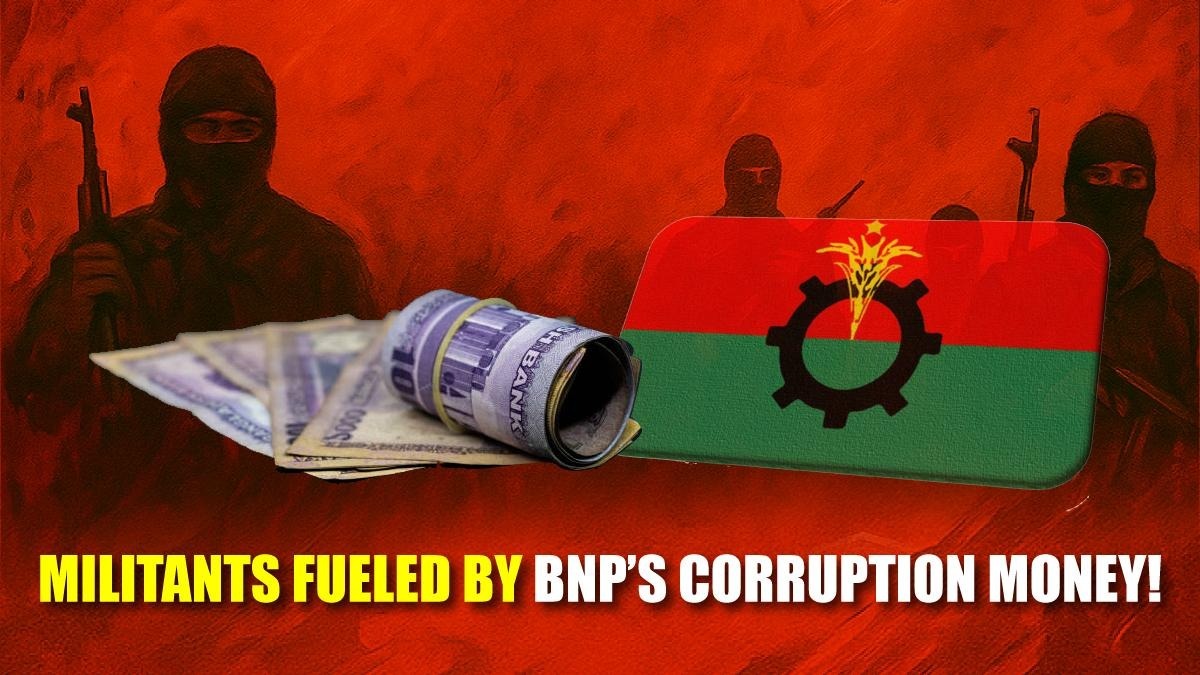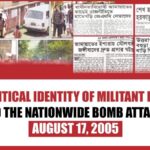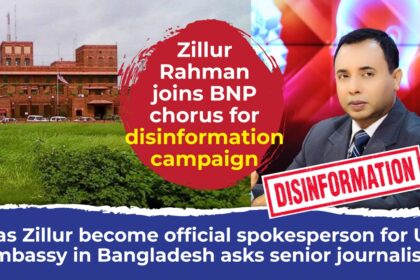BNP’s rule remains one of the darkest chapters in Bangladesh’s history. At that time, corruption, looting, and militant violence marched hand in hand.
Information revealed in a U.S. court shows that Siemens paid a $5 million bribe to begin operations in Bangladesh. Out of that, Khaleda Zia’s younger son, Arafat Rahman Koko, personally pocketed $180,000. The remaining money was divided among ministers and their close associates. Among those implicated was then-Telecommunications Minister Barrister Aminul Haque. Reports suggest he didn’t just take bribes—he allegedly funneled that money directly into the hands of the militant group JMB.
Secret Collusion with Militants
In early 2004, several influential BNP leaders struck a deal with JMB. Their objective was singular—to use militants as a weapon against political opponents, especially the Awami League. Barrister Aminul Haque played a key role in this secret collusion. With his backing, a series of deadly attacks were unleashed on Awami League leaders and activists.
International Investigations Expose the Scandal
On May 11, 2009, journalist David Montero published an investigative report through the U.S. Public Broadcasting Service (PBS). He wrote:
“When I was in Bangladesh, it was the most corrupt country in the world. Prime Minister Khaleda Zia’s two sons, Tarique Rahman and Arafat Rahman Koko, had earned a notorious reputation for shameless corruption. Their illicit money was not only siphoned abroad but also used to finance militants inside Bangladesh.”
The report further revealed that while BNP leaders amassed mountains of wealth through corruption, ordinary citizens suffered in darkness—safe drinking water supplies collapsed, the power grid broke down, and the nation was drowning in political terror and violence.
A Bloody Reality
Ordinary people bore the brunt of this collusion. With tears in her eyes, a grieving mother told a journalist how her son—an Awami League activist—was abducted by JMB, tortured, and brutally murdered by slitting his throat. His body was dumped in the village as a warning message:
“This is what happens if you support the Awami League.”
A Helpless State
Corruption, poverty, and terrorism pushed the nation to the brink of collapse. The political system became so fragile that the administration was eventually forced to declare a state of emergency with military support.
[Militants Fueled by BNP’s Corruption Money!]
Analysts Sound the Alarm
Political analysts warn that if BNP returns to power, Bangladesh could once again be dragged into that same darkness. Their history is one of corruption, militant alliances, and repression. People must not forget that under their rule, electricity, water, and the economy all collapsed—and worst of all, they weaponized terrorism to crush political opposition.
Researchers caution that the revelations from U.S. courts are not just history, but a warning for the future. If those accused of corruption and militant financing return to power, Bangladesh may face another devastating crisis.





